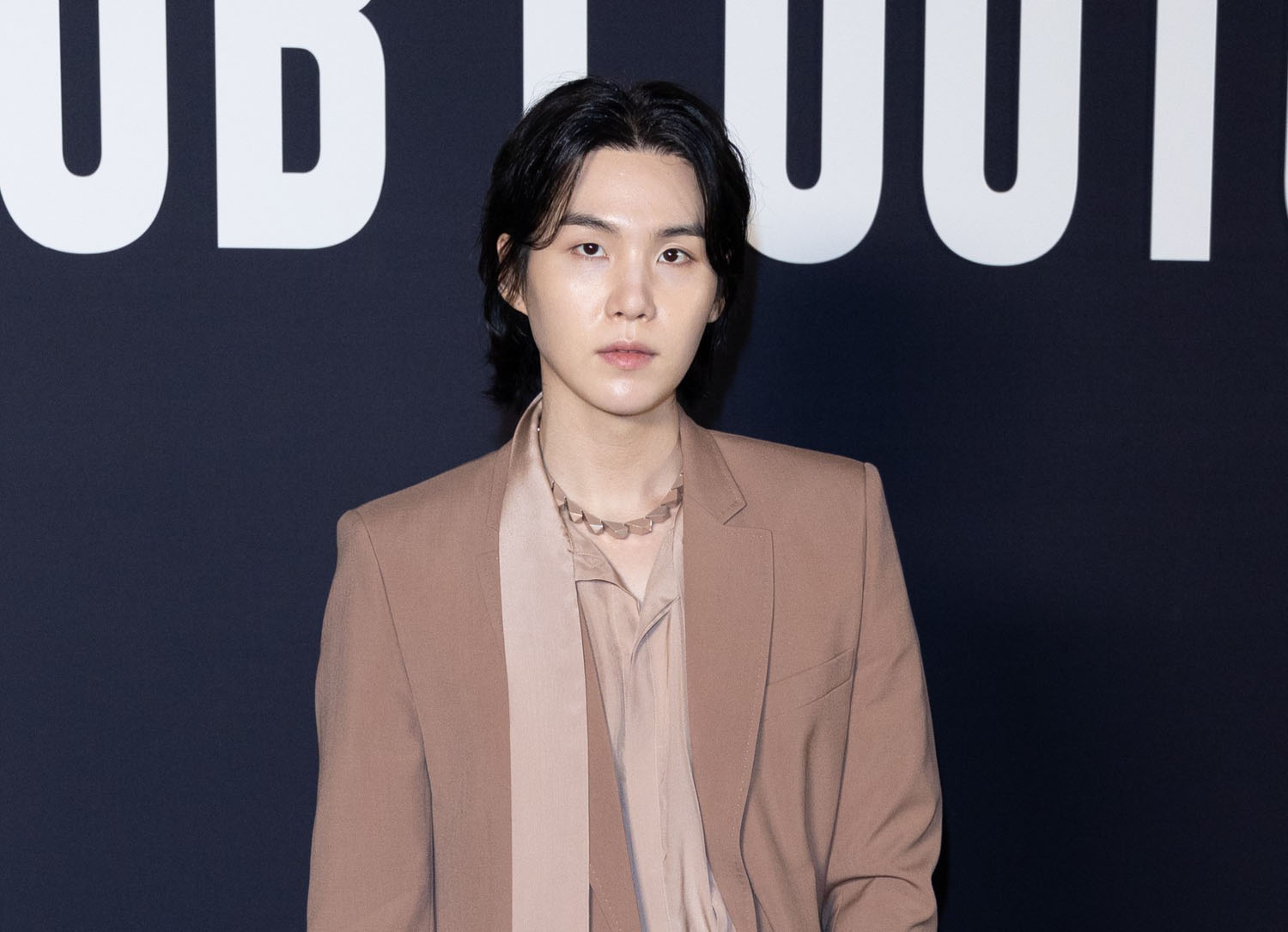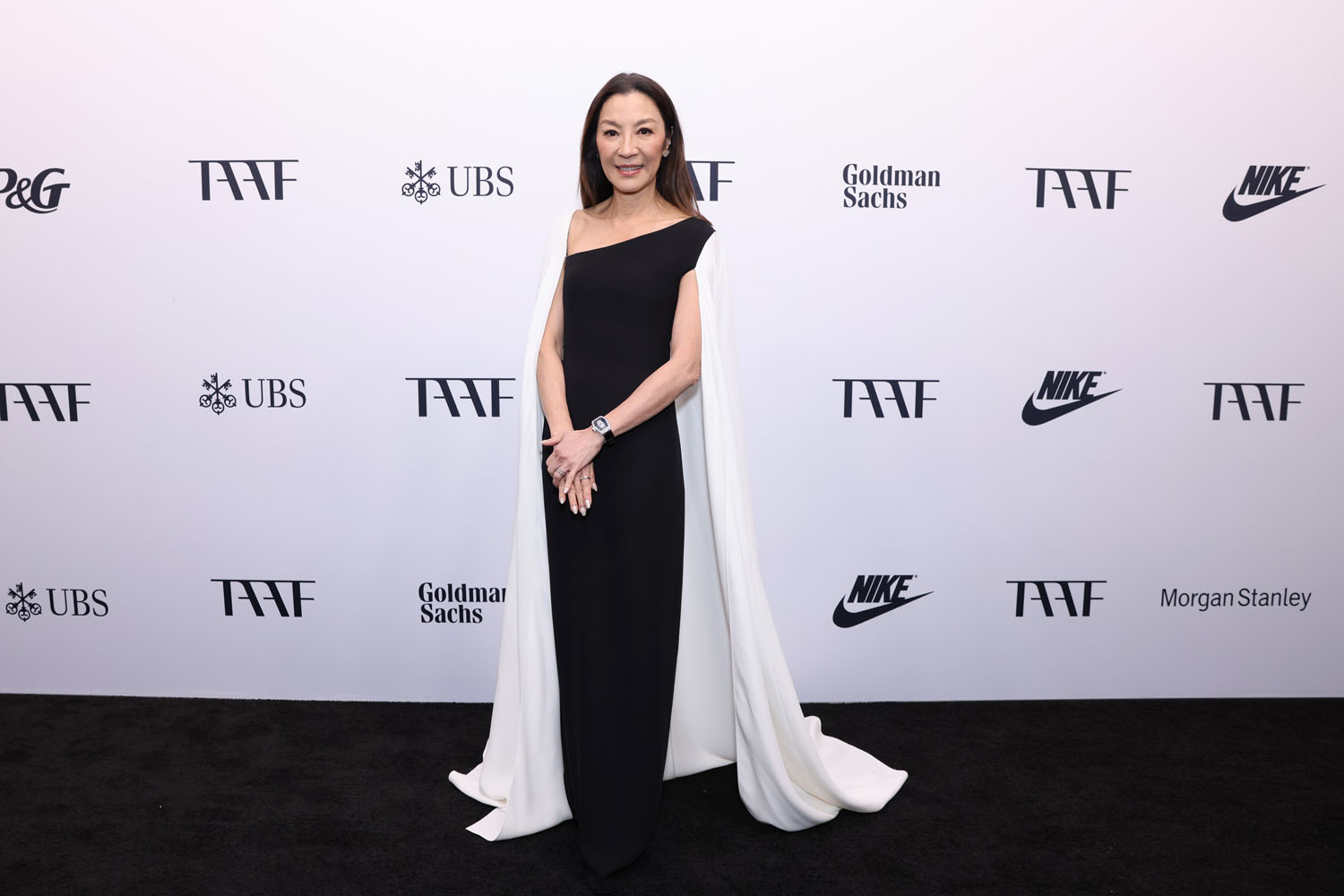Intro for May 8, 2023



Dear Gossips,
If you’re looking for coronation content today, I’m not sorry to say I was in Chicago this weekend for the Suga tour and he is the only king I recognised this weekend.
This was my first (and hopefully not last) BTS-related concert experience, I’m still trying to process everything that I saw and heard and felt (all the feelings!) but I can tell you that for the tens of thousands of people who queued outside Allstate Arena in Illinois for days during Suga’s three-show run last week were pledging their allegiance to an artist they consider to be their cultural king.
And Suga’s event wasn’t without its own traditions and symbols. From the light sticks (known as ARMY bombs) that nearly every single fan in the arena was waving to the fan chants and noises that go off during the performances to the common costumes that people dress up in to attend, there are so many rituals that are observed during these shows – and rituals require mass participation, they become rituals by virtue of familiarity and repetition and communication. We aren’t just seeing this at one tour stop but at every tour stop because fans are sharing them, passing them along, guiding other fans in the customs of what it means to be part of the collective. Which is not unlike religion and royalty.
In previous centuries, religion and royalty were mandatory; back then people didn’t have a choice – they had to believe, they were expected to worship, they were obliged to kneel – to the church, to the crown, to the monarch. In these times though, religion and royalty are choices. No one is mandated to serve a god or a sovereign. And more and more, people are choosing NOT to devote themselves to the institutions that reigned in the past but to new icons of our time.
There were, no doubt, many people who cared about King Charles’s special day. But there were equally many people who, like me, haven’t been all that interested. And what I found especially interesting, personally, is that there was a time when I was interested, when I would have gotten up early to watch, when I would have read everything there was to read, and pored through all the photos. So I was surprised on Saturday when I realised, well after the fact, that I had totally forgotten that the coronation was even happening. Was it only because I was out of town and preoccupied with Suga? The truth is, if I had been at home, I’m not sure it would have been any different because it was super nice in Toronto on Saturday and I would have been on the golf course.
For those responsible for managing the British royal family’s relevance, this is the task ahead. How will they maintain? How will they remain? It used to be that the royals offered a sense of community – or represented, at least, an institution that at least gave people an opportunity to gather. But people are finding community elsewhere. And belonging.
In the case of the BTS community, it’s the belonging that’s key here. Because even though people found community in the royals, let’s not pretend that the belonging is a shared experience, LOL. Their whole brand is based on exclusivity. Which is the opposite of what I observed at the Suga concert. The inclusion is unforgettable. Inclusion at every level – race, age, gender, faith, all the boxes.
I was in the merch line with several women in retirement. I was in the bathroom line with teenagers. Multiple signs reading “Somalis for Suga” and “Latinas for Suga” were put up on the screen. There were other fan signs in English, Korean, Chinese, and Arabic. And during Suga’s performance, which was mostly rap, thousands of people were rapping along even though most of the lyrics were in Korean. More and more, this is where people are seeing themselves, finding themselves. In the immediate future then, that’s the question the British royals have to contract – can they overlap their community within these growing communities? And are they willing to?
Yours in gossip,
Lainey
